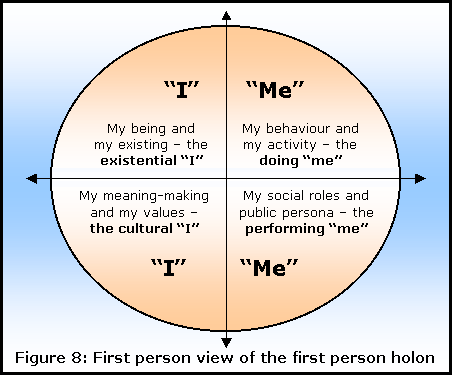In the last 20 minutes of class we touched on Clifford Geertz and his contribution to sociological theory. He played a major role in defining culture and explains that culture is a way that we develop symbols. Symbols can be attached to physical objects or simple gestures and then given meaning. Something as simple as a handshake can be a symbol, and we as a culture know that it's a greeting or sign of respect when meeting. This may mean something else in different cultures, but we still attach meaning to it to mean something more than what it looks like. This can also apply to physical things such as a wedding ring. In reality, a ring is just a piece of metal or some material worn around your finger. People wear rings for decoration and show, but a wedding ring specifically has a whole other meaning to it, since it's a sign of love, marriage, and committment to another person. We can compare sacred and profane in these circumstances. Sacred is something that has a lot of value attatched to it, such as a wedding ring, compared to something profane which is the opposite and has little value.
We also looked at the role of anthropology in discussing "thick descriptions." Thick descriptions is something that is rich with understanding and detail, and is reality being truly uncovered. If something were a thin description, it would be very superficial and not the complete story. The example given was of 2 boys making the winking motion. Taking a picture of these 2, we could simply say both boys were winking, and move on. Yet when we dig a little deeper with the thick description, we would find that one boy was actually twitching and was not giving meaning to his action, where as the other was winking as a purposeful gesture.
I liked this discussion the most about thick and thin descriptions, because it causes me to want to dig deeper into all aspects of life to find the true meaning. I feel with this thin approach that you're only getting half the story and you're missing out on the true details and wonders of what could actually be behind something. Thin is just looking at the surface and not uncovering what's underneath, and this is something that can cause issues by overgeneralizing others or assuming things in situations. We never really know everything in full unless we strive for thick descriptions, and I think people should attempt to make this a personal goal in everything that they do.
My high school was a part of the MTV show, "If you really knew me." Below is the link to the MTV website with full episodes of this show to watch. It took many groups from our school and showed the superficial labels on students and what was truly going on behind the scenes of individuals lives, in a way, getting the thick descriptions.
http://www.mtv.com/shows/if_you_really_knew_me/series.jhtml

